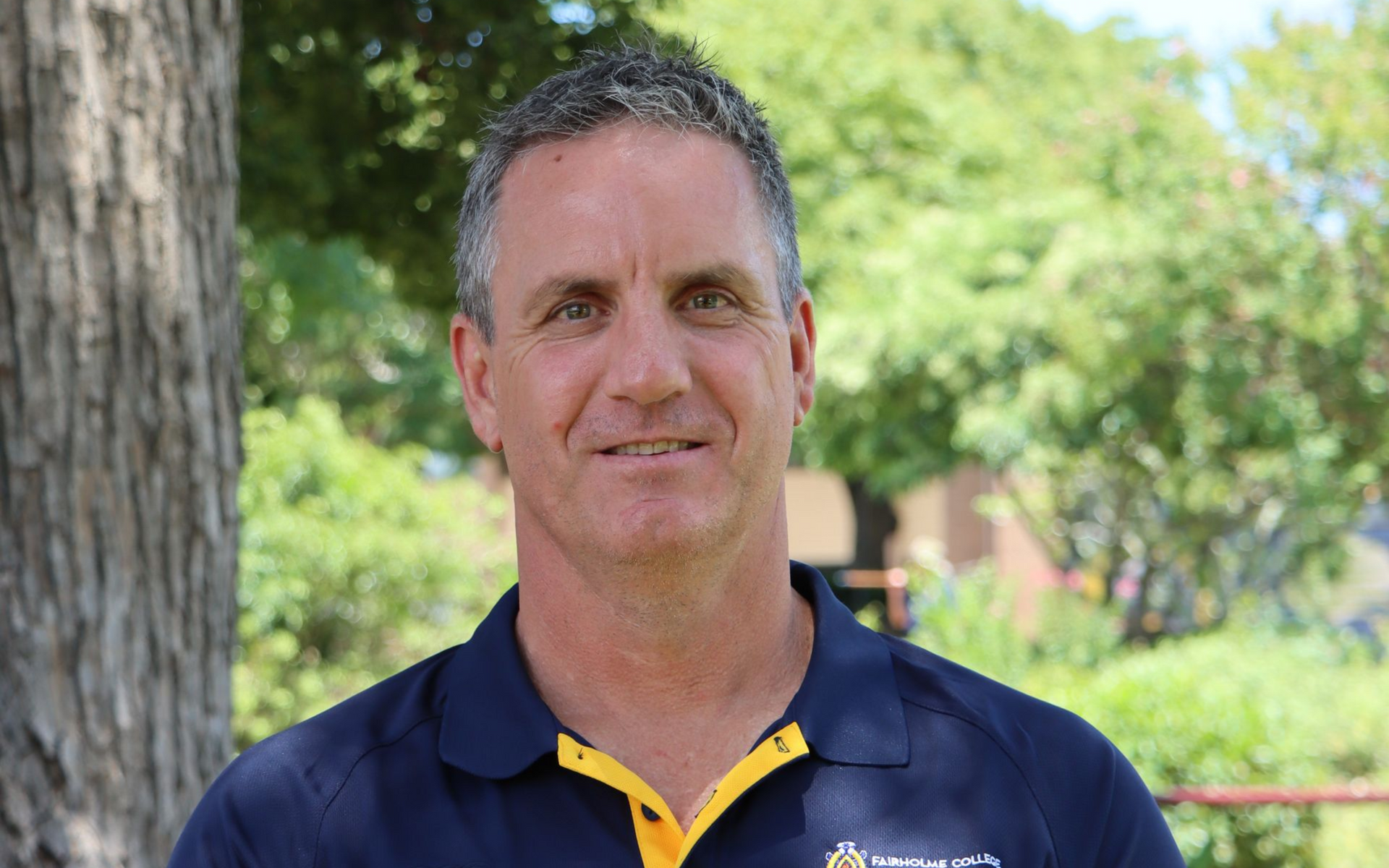Resilience, Passion and Success in Publishing: Rosemary Shipton (Fairholme Old Girl 1959)
March 24, 2025
Rosemary Shipton | 1959 | Powell House | Day Girl
At 83, Fairholme Old Girl, Rosemary Shipton’s career in publishing is still going strong, and her story is anything but ordinary. Filled with chapters on resilience and determination and success, Rosemary’s story is a bestseller in its own right.
From her early days as an assistant editor at the University of Toronto Press to her current role as an executive editor at Simon & Schuster in Canada, Rosemary has woven a tapestry of remarkable achievements, each more interesting than the last.
With a career spanning decades, multiple facets of publishing, and a still-growing list of editing bestsellers and award-winning works, her passion for books and storytelling remains as steadfast as ever.
But it’s not just her impressive resume that makes her stand out - it’s the way she’s navigated a constantly-evolving industry, mentored hundreds of aspiring editors, and tackled the challenges of a female pioneer in a predominantly male-dominated field.
Now, as she wraps up full-time work in Canada to focus on a few final projects, Rosemary reflects on a career that’s been as fulfilling as it has been groundbreaking, proving that age is truly just a number when you’re doing what you love.
‘You may wonder why I am in Canada. In a way, it’s connected to Fairholme. In the late 1950s, we first knew our results in the state-run Senior exams when they were published in the Toowoomba Chronicle. I was astonished by mine, so much better than I expected, and that got me a scholarship to University of Queensland,’ Rosemary remembers.
‘There I enrolled in the four-year History Honours program, graduated with First-Class Honours, and won an Australian National University Scholarship to ANU in Canberra. From there I won a Commonwealth Scholarship, and, wanting to follow the American system of a combined seminar and thesis degree, chose to come to Canada. After three years here, I married a Canadian – and began my first job in publishing at University of Toronto Press (UTP).
‘The prerequisites for this UTP job - a scholarly publisher - were a minimum of an MA in History, a reading knowledge of French, and the confidence and ability to work mostly with academic authors. In other words, university professors and researchers. After an interview, I got the job and began in August 1968.’
Rosemary, who attended Fairholme in the late 1950s when Nancy Shaw was Principal, continues to embody the spirit of curiosity and lifelong learning that defines a successful career in publishing. The world of trade publishing, where firms like Penguin Random House and HarperCollins reign, is one that demands constant adaptability and enthusiasm, she says.
It’s a realm where no two books are ever alike, and no two authors ever present the same challenges. Yet, for this seasoned publishing veteran, meeting those challenges head-on with diplomacy, respect for deadlines, and passion has been the key to her rewarding career.
‘People who love a career in publishing tend to be curious, to thrive on lifelong learning. Every book is different, so you never repeat yourself. Every author is different, too, so it’s essential to be able to meet whatever challenges spring up and make a success of them.’
Rosemary’s love of books and reading was nurtured at Fairholme (she was Dux of the College in 1959) where she says she was lucky enough to have some inspiring teachers guide her path.
‘My years at Fairholme taught me that if I applied myself, I could succeed. the Principal, Nancy Shaw, was a big influence, as were a couple of teachers, such as Judith Green, who went on, as Judith Rodiquez, to be a well-known poet and university lecturer in Australia. I kept in touch with her sporadically and met up with her once in New York and later in Toronto, just a couple of years before she died,’ Rosemary remembers.
‘At Fairholme, I liked the routine of the morning assembly, sports days and the annual fair.’
One of the strengths of attending a girls-only school, according to Rosemary, is that it encourages students to take on all responsibilities, without the constraints of traditional gender roles. In the 50s - a time when societal expectations often dictated what males and females could do - she says Fairholme allowed young women to break free from those boundaries. ‘One of the advantages of a girls-only school is that the students have to do everything. There is no division of responsibility along ‘traditional’ lines between males and females (as there often was in the 1950s!).’
Similarly, the Fairholme values of seeking excellence, perseverance, integrity and kindness all continue to guide Rosemary’s professional and personal journey. ‘I hope all these characteristics will stay with me to the end of my life.’
When asked about the secret to her career longevity, Rosemary credits enthusiasm and a commitment to staying fit and healthy. Similarly, her passion for her work, combined with a willingness to embrace new opportunities, has kept her at the forefront of the publishing industry for decades. ‘I hoped to make my life as interesting and fulfilling as it could be, to be kind and supportive, and to enjoy my family and my friends,’ she reflects.
‘It’s important to have good friends and to be loyal to them. Also to respect experts and people who know more about some things than you do!’
‘I think Fairholme’s focus on fostering creativity and resilience guided my ability to take risks and embrace new challenges.’
Even as she reflects on her decades-long career, Rosemary is staying firmly in the moment.
‘My final in-house position has been at Simon & Schuster as Executive Editor – and I have a most interesting group of books on the go (including the memoir by the current Governor General of Canada).
‘Recently, I turned 83, so I’m going to resign from full-time work and finish off my projects on a contract basis over the next 15 months. I don’t want to plan beyond the end of 2026 simply because I don’t think that’s fair to authors (who tend to develop a close relationship with their editors).
‘As I look back on my career, yes, I’ve enjoyed it to the full – especially having ventured into so many different aspects of publishing. I’ve also been well rewarded: in 2007, Trinity College, University of Toronto, granted me an honorary doctorate for my contribution to publishing in Canada, and I’ve won two awards given by Editors Canada.’
Having mentored hundreds of students throughout her career, Rosemary’s offers these insights into leadership and nurturing talent in the publishing industry - in fact, for any industry: ‘A good leader leads by example, so be positive, cooperative, creative, and always do your best work.’
And advice to the next generation of Fairholme Old Girls? ‘Be curious, embrace lifelong learning, and never stop trying to make a difference. If you do that, success will follow.’
More News…

Congratulations to Year 9 student, Mia Geise, on her outstanding performance at the 2025 Hancock Prospecting Queensland Swimming Championships. Representing Fairholme Aquatics Swim Club, Mia set new personal bests over the holidays in four of her five events and walked away with an impressive haul of medals and records. Her championship results included: > 4 silver medals in the 12-14 Years Multi-Class 100m Breaststroke, 50m Backstroke, 50m Butterfly and 50m Breaststroke > Australian Records in the Open and 13 Years and Under Multi-Class 100m Breaststroke (SB16 Category) > Queensland Multi-Class Records in the Open 100m Breaststroke, Open 50m Backstroke, and 13 Years events across 50m Freestyle, 100m Breaststroke, 50m Backstroke and 50m Butterfly One of the standout moments of the championships was Mia’s qualification for three open finals, where she competed against some of the country’s most experienced swimmers, including two Paralympians and athletes who have represented Australia on the international stage. In elite company, Mia more than held her own, finishing 4th in the 50m Breaststroke, 5th in the 100m Breaststroke, and 6th in the 50m Backstroke. What makes these achievements even more extraordinary is the context behind them. Mia only returned to competitive swimming in December 2024, following an almost three-year break after undergoing her second liver transplant. Her results at this championship are not only a testament to her talent, but to her resilience, determination and unwavering commitment to the sport she loves. Adding to the celebrations, Mia’s coach Michael (Mick) Winton was recognised for his outstanding work at the Swim Coaches and Teachers Australia Awards, held during the championships. Mick was awarded the 2025 Multi-Class Emerging Championship Coach Award, a well-deserved honour that acknowledges his dedication and leadership in supporting Mia’s development over the past year.

Fairholme Year 10 students Georgie Cussons, Amelia Taylor, Anna Le Lievre and Claire Longmire are making the most of their exciting exchange at Oakham School in the United Kingdom, where they will spend six weeks fully immersed in British school life. From classroom learning and social events to sporting fixtures, the girls have wasted no time settling in and making the most of every opportunity. Also in the UK, Gemma Sullivan has begun an 11-week exchange at Bryanston School, where she is already keeping busy through her involvement in netball and the school’s swim, bike, run team. Cindy Deng is likewise enjoying her time abroad, experiencing the traditions and daily life of Rugby School during her own 11-week exchange. Back at Fairholme, we are delighted to be welcoming international students into our community. Joining us for Term 1 are Sienna Hoffman from Bryanston School and Charlotte Campbell from Rugby School, along with Mei Kawasaki and Rio Usami from Keisen High School in Japan. Each brings a unique perspective to campus life, enriching our classrooms and strengthening the global connections that sit at the heart of the Fairholme exchange program.





